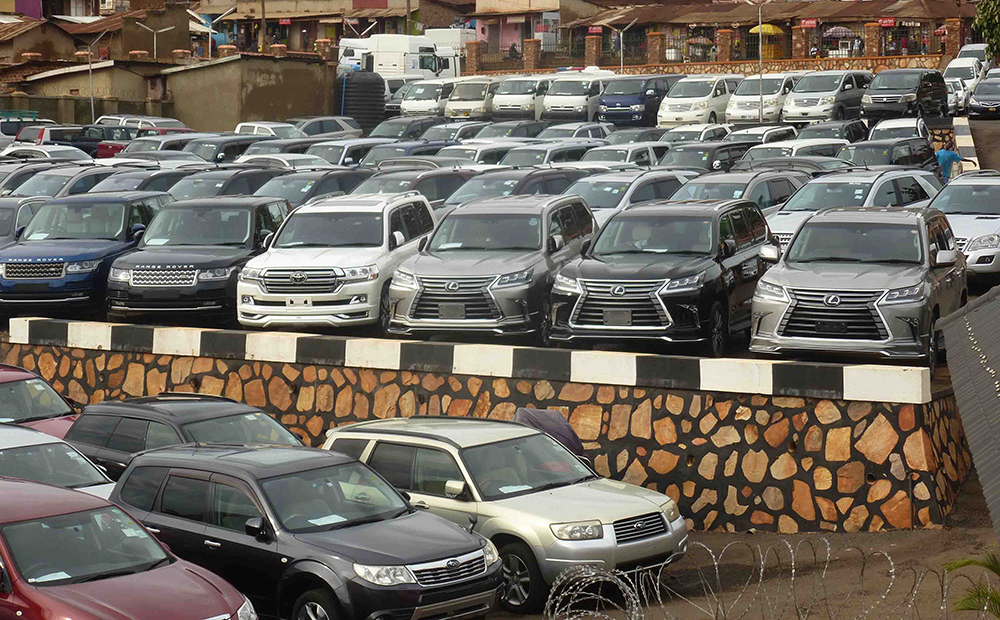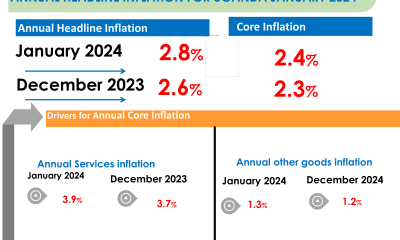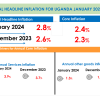In a bid to safeguard the health and safety of Ugandans, as well as the environment, UNBS has enacted the ‘Inspection and Clearance of Imports’ Regulations 2022.
The centerpiece of these new regulations is the requirement that all used motor vehicles imported between September 23, 2023, and November 1, 2023, must undergo destination inspection, incurring an inspection fee of USD 140 or its equivalent, prior to their release from customs-controlled areas.
Previously, the inspection of used vehicles was a less stringent process, but this move by UNBS reflects a shift towards ensuring that vehicles meet higher safety and emissions standards before entering the Ugandan market.
This initiative is expected to bolster the safety of vehicles on Ugandan roads, consequently reducing road accidents attributed to vehicle faults.
One notable aspect of these regulations is the exemption from surcharges at the port of entry, a change welcomed by importers and dealers who have historically faced additional financial burdens at this stage.
This could potentially lead to cost savings for those involved in the importation of used vehicles.
However, the most significant shift in the landscape comes into effect on November 2, 2023. From this date onwards, all imported used motor vehicles coming from Japan, the United Kingdom, Singapore, South Africa, the United Arab Emirates, and other countries must undergo Pre-Export Verification of Conformity (PVOC) with UNBS-approved service providers before being allowed into Uganda.
This additional requirement is aimed at ensuring that imported vehicles meet stringent roadworthiness standards. Motor vehicles arriving in Uganda without Certificates of Roadworthiness will face a penalty of 15% of the Cost, Insurance, and Freight (CIF) value. In addition, they will be subjected to destination inspection, incurring further fees of USD 140 for each motor vehicle before they are issued an Import Clearance Certificate.
The introduction of PVOC is expected to have a profound impact on the used car industry in Uganda. It is likely to create challenges for dealers and importers who may now face increased costs and logistical complexities in the importation process. On the flip side, this move is likely to be hailed by consumers who will benefit from higher quality and safer vehicles in the market..























